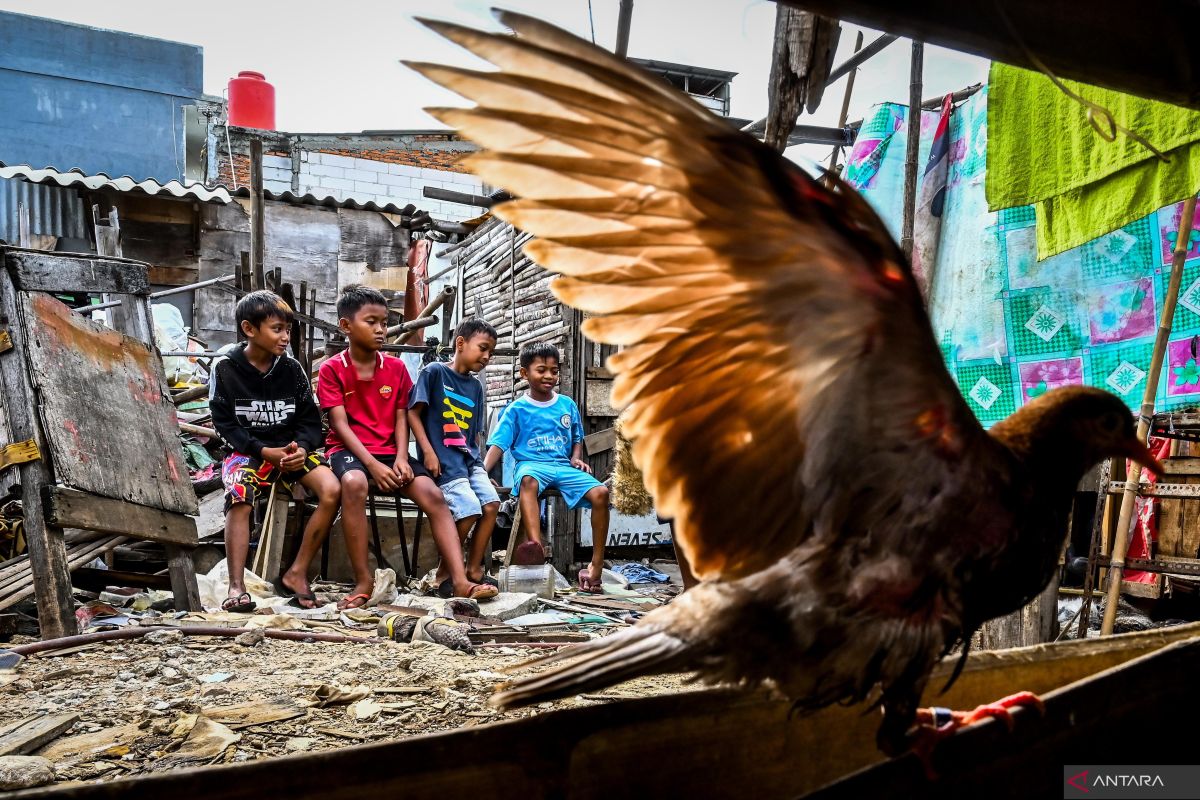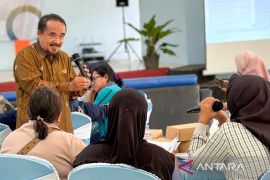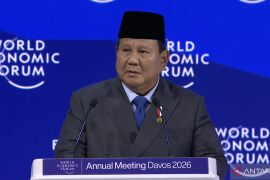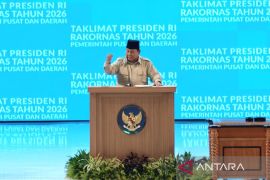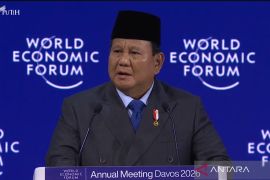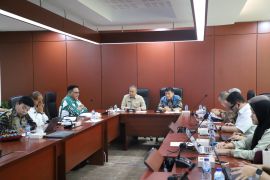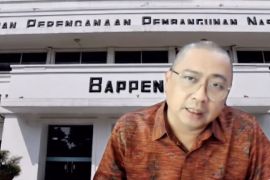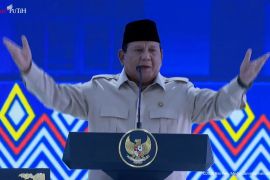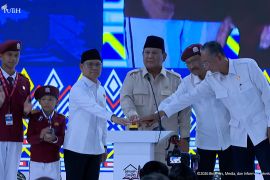Speaking at a seminar on Indonesia's 2026 economic outlook in Jakarta, he said the government has shifted its approach from reliance on social aid to strengthening empowerment-based initiatives.
"In other words, the state is striving to guide people to enhance their capacity and self-reliance in pursuit of continuous welfare growth," he said.
Iskandar emphasized that the government is moving away from years of focusing on direct material assistance to address poverty.
Through empowerment-oriented measures, he said the government aims to narrow welfare disparities, which he described as a structural bottleneck hindering equitable economic development.
"I would like to stress that only through empowerment can we address the structural bottleneck in pursuit of increased public welfare," he added, stressing the need for fair wealth distribution.
He said social aid will continue but will be targeted at groups in need, including the elderly, people with disabilities, and others fully dependent on government support.
Underprivileged but productive citizens will instead be directed toward programs to enhance skills, develop businesses, and access employment opportunities.
"Our plan is to help productive people rise by assisting them in accessing the job market, seizing business opportunities, and building their capacity so they can remain productive," Iskandar said.
Related news: Prabowo pushes data-driven strategy to cut poverty rate: minister
Related news: Indonesia aims to graduate 300,000 families from aid program by 2026
Translator: Tri M, Tegar Nurfitra
Editor: Anton Santoso
Copyright © ANTARA 2025
